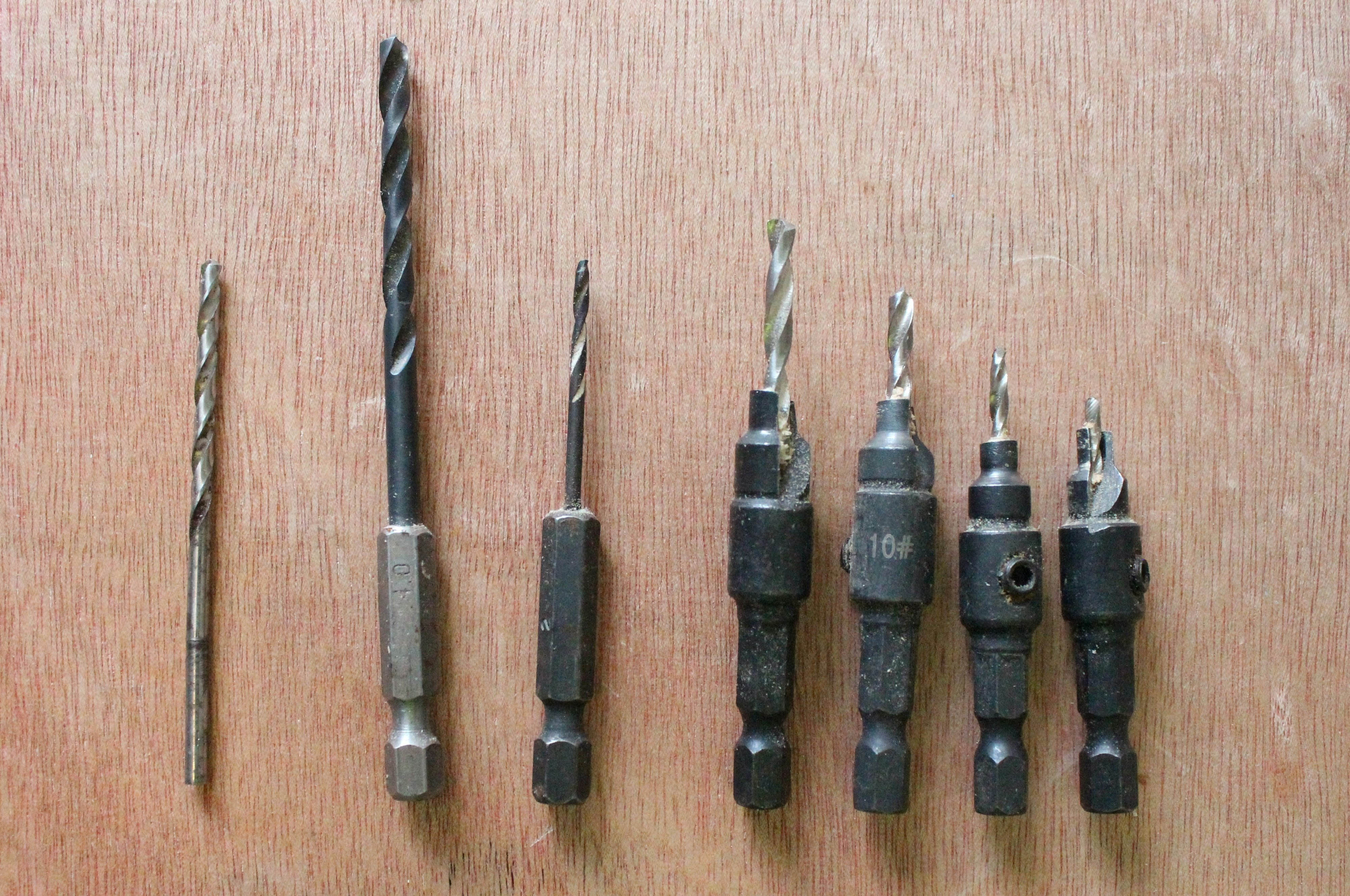Introduction to Drill Bit Materials
Drill bits are essential tools utilized in various applications ranging from woodworking to metalworking. The performance, durability, and suitability of a drill bit largely depend on the material from which it is constructed. Selecting the appropriate drill bit material affects not only the efficiency of the drilling process but also the quality of the final result. The most common materials used in drill bit manufacturing include High-Speed Steel (HSS), cobalt, and carbide, each offering distinct advantages.
High-Speed Steel (HSS) is widely appreciated for its balance of durability and affordability. This material is designed to withstand high temperatures without losing its hardness, making it suitable for drilling through softer metals such as aluminum and plastics. HSS bits are often favored by DIY enthusiasts and professionals alike for general-purpose applications. However, while HSS provides a reliable performance, it may not always excel in terms of heat resistance when drilling into tougher materials.
Cobalt drill bits, which are essentially high-speed steel bits with an added cobalt alloy, are designed to endure higher temperatures and wear compared to standard HSS bits. Cobalt’s heat resistance makes these bits particularly effective for drilling into harder materials like stainless steel. The durability of cobalt drill bits allows them to maintain sharpness longer than their HSS counterparts, thus enhancing their performance in industrial settings.
Finally, carbide drill bits, made from cemented carbide, stand out for their exceptional hardness and wear resistance. These bits are ideal for drilling through extremely hard materials, including hardened steel and ceramics. While carbide bits tend to be more brittle and prone to breakage under certain conditions, their longevity and efficiency in tough drilling tasks make them a worthy investment for specialized applications.
High-Speed Steel (HSS) Drill Bits
High-Speed Steel (HSS) drill bits are a fundamental type of cutting tool widely utilized in various drilling applications. Composed primarily of high-carbon steel, these bits are infused with additional elements such as molybdenum or tungsten, enhancing their hardness and heat resistance. The unique composition of HSS allows these drill bits to maintain their strength and integrity even under high-pressure conditions and elevated temperatures, which is crucial for effective drilling performance.
One of the key characteristics of HSS drill bits is their versatility. Due to their durability and affordability, they are often the first choice for general-purpose drilling tasks. HSS bits are particularly well-suited for use on softer materials, including wood, plastic, and softer metals like aluminum. Their ability to resist wear while providing clean, precise holes makes them invaluable in woodworking and light metalworking applications. Moreover, their compatibility with most drill types ensures that they can be employed in a range of settings, from home workshops to professional manufacturing environments.
Despite their advantages, HSS drill bits do have limitations that users must consider. While they are capable of drilling through a variety of materials, they may struggle with harder metals such as stainless steel or titanium. In scenarios requiring prolonged drilling or increased resistance to heat, other materials, such as cobalt or carbide, may prove more effective. Additionally, although HSS bits are cost-effective and readily available, they may wear out faster than their more robust counterparts when subjected to intensive use. Overall, High-Speed Steel drill bits remain a reliable option, particularly in scenarios where cost, versatility, and ease of use are priorities.
Cobalt Drill Bits
Cobalt drill bits are a specialized type of tool, primarily composed of high-speed steel (HSS) with an additional cobalt content, typically around 5% to 8%. This incorporation of cobalt significantly enhances the durability and heat resistance of the drill bits when compared to standard HSS variants. The result is a tool that can withstand higher temperatures generated during drilling operations, making cobalt drill bits particularly effective for demanding applications.
One of the key advantages of cobalt drill bits is their ability to drill through tougher metals and hard materials, such as stainless steel and cast iron. Standard HSS bits may struggle to retain their edge and integrity when used on these tougher materials, resulting in premature wear or damage. However, due to their superior hardness, cobalt bits maintain sharpness and precision, allowing for cleaner cuts and reduced friction, which prolongs their lifespan and efficiency.
Cobalt drill bits are especially favored in high-speed drilling applications, where maintaining speed without compromising bit integrity is crucial. In scenarios involving repetitive drilling tasks or industrial applications, such as automotive manufacturing or metalworking, cobalt bits excel due to their ability to operate effectively under high heat and friction. The enhanced toughness of cobalt bits minimizes the risk of breakage, ensuring a reliable performance even in continuous or rigorous conditions.
In summary, cobalt drill bits stand out for their exceptional durability and heat resistance, positioning them as an excellent choice for drilling into tougher materials and in high-speed applications. Their design and composition cater specifically to the demands of industries that require precision and longevity from their tools, making them a valuable addition to any professional toolkit.
Carbide Drill Bits and Their Applications
Carbide drill bits are recognized for their outstanding hardness and wear resistance, making them a preferred choice in various drilling applications. Composed primarily of tungsten carbide, these bits are engineered to withstand extreme conditions and perform excellently even in the most challenging materials. The unique properties of carbide give it an edge over traditional steel drill bits, especially when precision and durability are paramount.
There are several types of carbide drill bits, including solid carbide bits and carbide-tipped bits. Solid carbide drill bits are crafted entirely from carbide, offering superior rigidity and heat resistance, making them ideal for high-speed applications and when drilling through very hard materials, such as stainless steel and ceramics. Conversely, carbide-tipped bits use a steel body with carbide tips, providing a balance between cost-effectiveness and performance, making them suitable for a wider range of tasks.
One of the primary advantages of using carbide drill bits is their longevity. The toughness of carbide ensures that these drill bits maintain their sharp edges longer than their high-speed steel (HSS) counterparts. This extended lifespan not only enhances productivity but also reduces the frequency of bit replacements, which can contribute to significant cost savings over time. Furthermore, carbide drill bits offer precision drilling capabilities, allowing for clean holes and reduced burring in the material.
However, it is essential to consider certain factors before opting for carbide drill bits. The initial investment may be higher compared to HSS drill bits, which can deter some users. Additionally, specialized tools, like specific drill presses or CNC machines, may be required to harness the full potential of carbide drills effectively. Therefore, understanding the task at hand and the compatible equipment is crucial when selecting carbide drill bits for specific applications.
If you’re interested in purchasing the item you seek, please click the link for additional details: #americanachoice.
https://amzn.to/3SBN3Oy
AFFILIATE DISCLOSURE: I am an affiliate for this company, I am not a paid employee.
I may receive a commission if you click a link on this page and choose to purchase something.
You can rest assured I will only share things I believe in and will be valuable to you.



